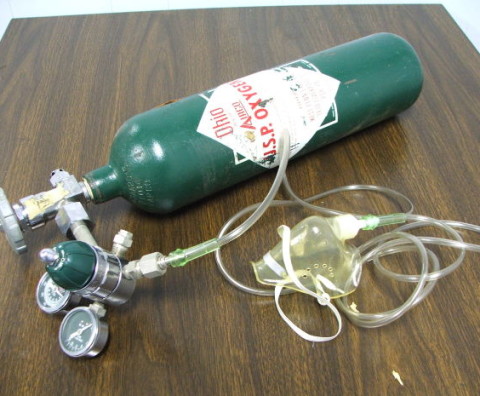Learning To Express Anger Well
Growing up, I used to think some feelings are bad and some are good. We are supposed to have a whole wide range of emotions. While it may be common to believe some are better than others, all emotions are essential to our human experience. How we express emotions is key. Depending on our manner, our expression of feelings can either be good or bad, hurtful or helpful.
“Emotions serve an important role in human learning and development, guiding us toward and away from actions and situations. Our emotional system might be thought of like the GPS is to driving. I like to call our emotional system our EGS: Emotional Guidance System.“
Research suggests most of us tend to describe our emotional experience using around five to seven feeling words… like: happy, sad, angry, love, excited and maybe even “blah”. We really have quite a vast array of emotions. Improving our understanding of these builds emotional intelligence, awareness and “expression ability”, qualities that improve our way of relating to others.
Many counselling and community resources tend to focus programs on anger management, due in part to the destructive and hurtful actions that can accompany this emotion. The poorest and most unbridled expressions of anger have resulted in abusive, aggressive and even violent behaviours, literally contributing to millions of “broken” relationships. Learning how to express our emotions well is a skill that most of us develop over time, usually from experiencing a multitude of negative consequences from poorer expression.
As we mature, it becomes clear that our choice of thought drives feelings and actions. When we put little effort and time into self-reflection and introspection, we can easily be unaware, or under aware, of the actual thoughts fueling our anger and hostility. An examined life and mindfulness helps us choose healthier, more positive viewpoints, however it is rather easy to just unconsciously and unthoughtfully follow negative thoughts or “stinkin thinkin”.
Some examples might include;
“How could he/she do this to us?”, “I can’t ever forgive that!”, “We will not put up with that.”, “This is absolute @!%!**$ ! , “He never…”, She always …” , or “I can’t believe he/she could betray me like that after all we’ve been through.”
Holding onto these negative thoughts and repeating them in our heads over and over again, we can actually feel our heartbeat racing, our blood pressure rising and knots in our stomach. We may even start to sweat and feel like we are about to “freak out” or “lose it”! This can be the source of extreme “potty mouth”… quite embarrassing to say the least. When we feel these sensations, and experience poor behaviour, our body has likely moved into “fight or flight” mode. Solution #1 is…
… breathe, breathe and breathe again
Management of our emotions begins with management of our bodies, our faces and the tone in our voice. Oxygen is essential. Once calm, we can move into a process of learning to better understand ourselves and others, finding ways to better cope with troubling situations and feelings.
Our core beliefs also have an immense impact upon the outcome: values that involve concepts like forgiveness, love, equality, acceptance and empathy. When faced with stressful, difficult and frustrating situations, when the actions of others seem to be overwhelming and uncaring, when the pain and hurt caused feels unbearable, we must strive to express value in those hurting us, displaying a loving, compassionate and forgiving spirit and moving closer to them rather than farther apart.
Getting training, support and coaching as well as practicing the new skills learned can really help you more readily access a calm and assertive approach when under fire. Such an approach is indeed a developing skill, an art if you will. Are you ready to get the support and coaching to better manage your emotions and move forward in relationships/life? Call us today!


Recent Comments